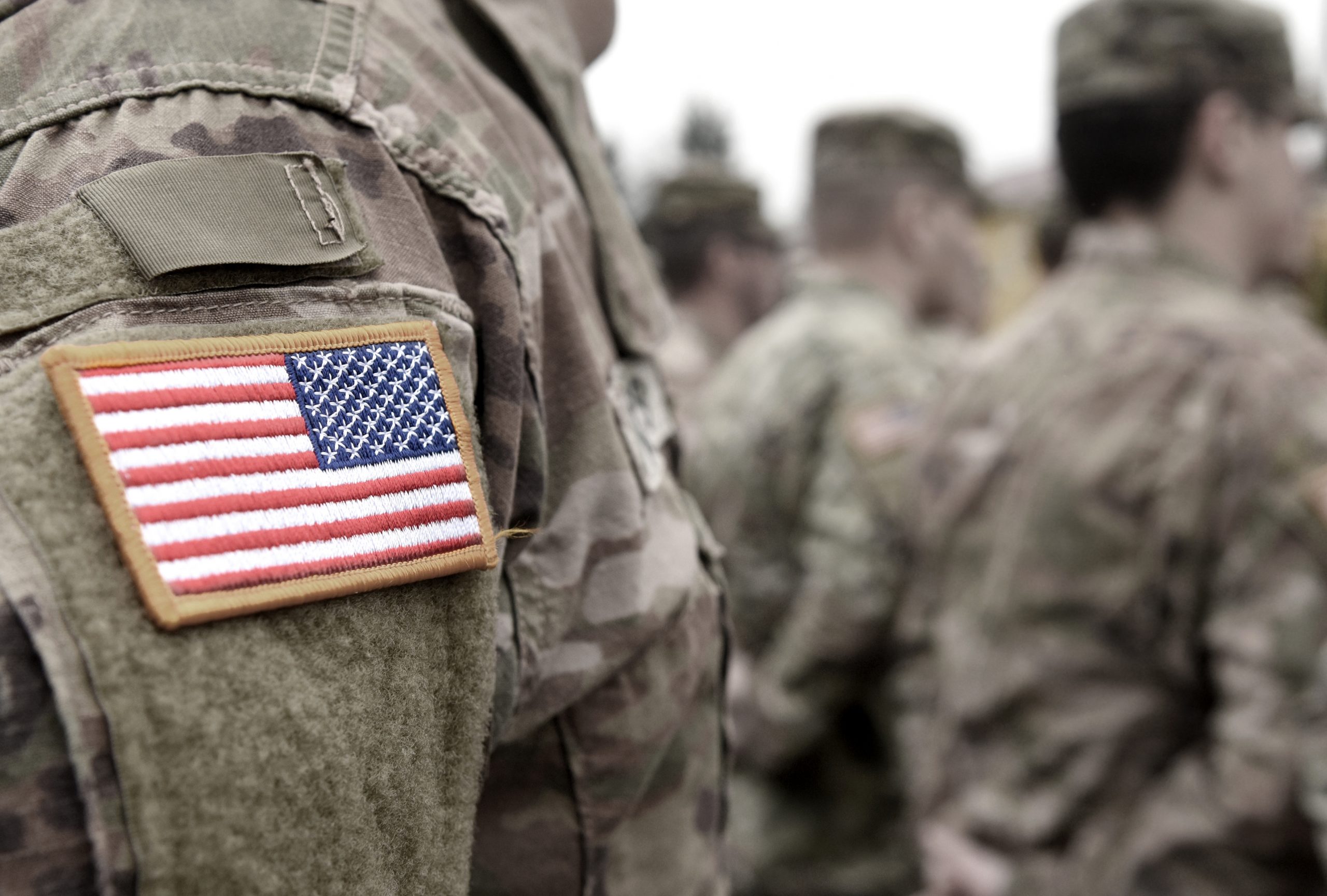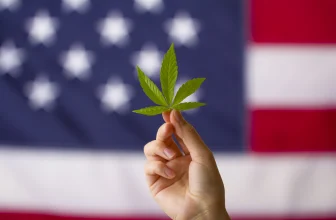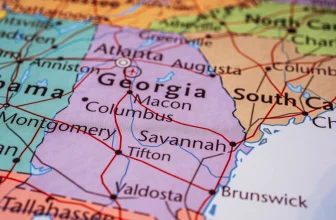
In 2018 and 2020, Rep. Lou Correa (D-CA) saw his bill clear the House Veterans’ Affairs Committee — a bill that would require the U.S. Department of Veterans Affairs (VA) to conduct clinical trials on the use of marijuana as a treatment for chronic pain and PTSD.
It is a bill that the VA opposes.
During a hearing in front of the House’s Veterans’ Affairs Health Subcommittee, a representative from the VA said that it does not support Correa’s VA Cannabis Research Act.
This bill has seen its share of controversy thus far, but it also has plenty of support. Disabled American Veterans and the American Legion have both publicly supported the proposal, which would allow the VA to explore alternatives to potentially harmful drugs like opioids.
Correa’s Take on the VA’s Opinion
In his testimony, Correa said that he has been in close contact with veterans for many years. As a state lawmaker, he “met and worked with veterans struggling with their invisible wounds of war.” He says these individuals explained “that they didn’t like being prescribed opioids and other medications. They wanted to be able to access cannabis to ease their pain without the same side effects or addictive properties of opioids.”
Opioids shouldn’t be the only pain treatment option for veterans struggling with PTSD and chronic pain. We need to pass the VA Medicinal Cannabis Research Act to explore how #cannabis can provide a safe, effective alternative.
Rep. Lou Correa (@RepLouCorrea) October 13, 2021
When Correa arrived in Congress, he “wanted to continue my work to provide our veterans with the treatments they want.” He frames his proposal as a “pragmatic and bipartisan piece of legislation that would advance our understanding of the impacts of medicinal cannabis usage and could improve the lives of veterans and other Americans.”
The VA’s Side of the Story
While ideological opposition to marijuana remains a hurdle for reform and adoption, the VA claims they are not opposed to the bill on ideological grounds. Rather, they claim the bill is “redundant” and overly prescriptive.
The VA says it has a practice of selecting the subject matter for randomized clinical trials by scientific merit alone. The agency’s representative, David Carroll, argued that the effects of marijuana “are not known. Thus, a circumscribed approach to determine dose, administration modality, and best outcome measure must be shown in a proof-of-concept approach to ensure the validity of the research.”
Furthermore, Carroll stated that parts of the bill’s requirements are inconsistent with current scientific research, such as the stipulation that they must research seven different strains of cannabis. In order to do this, he said the agency would need a “specific rationale” as to why each strain was worthy of study.
Finally, the VA noted that it is already studying cannabis as a therapy for veterans. Many lawmakers and advocates do not view their current work as adequate, however.
The Conversation
In pushing back against Carroll, Chairwoman Julia Brownley (D-CA) asked him: “If the VA is not going to do the research on the veteran population, then, really, who is?”
In reply, Carroll stated that the VA is supportive of the research itself but is opposed to how prescriptive the measure is from a scientific standpoint. Carroll said the agency only wanted to do the “best science” without putting veterans at risk.
Advocates are disappointed that Biden’s VA still opposes such reform, which remains consistent with past decision-making. The legislation still has support from a number of groups that represent military veterans; the Veterans of Foreign Wars of the United States said its members claim medical cannabis has “helped them cope with chronic pain and other service-connected health conditions.”
This legislation comes amidst a host of other lawmakers and advocates pushing for decriminalization and legalization. However, it’s still likely that the VA’s bureaucracy is the cause of the delay. The Veterans of Foreign Wars of the United States said that “while VA has testified that it has the authority to study Schedule 1 drugs, it has failed to do so, and veterans are tired of waiting.”
The American Legion stated that the bill “ensures there is adequate and appropriate research done on the impacts of medicinal cannabis…It is imperative that [the] Department of Veterans Affairs continue to explore alternative treatments to ensure those suffering from PTSD and chronic pain are provided the best possible care.”
Similar shows of support came from Disabled American Veterans, Paralyzed Veterans of America, and the Association of VA Psychologist Leaders.






